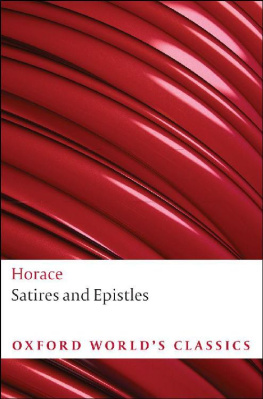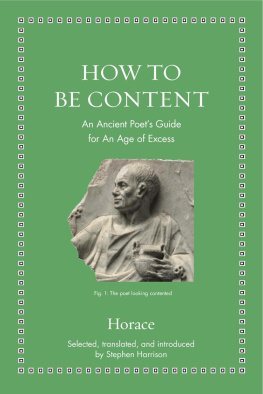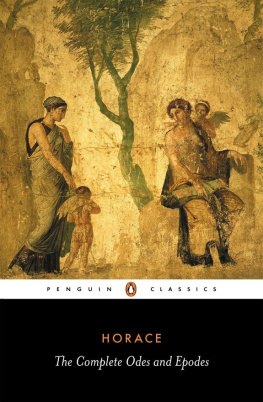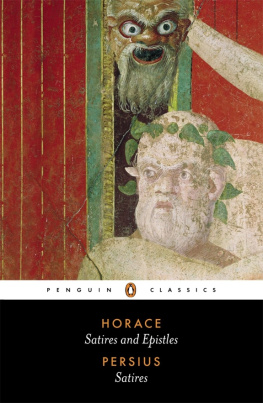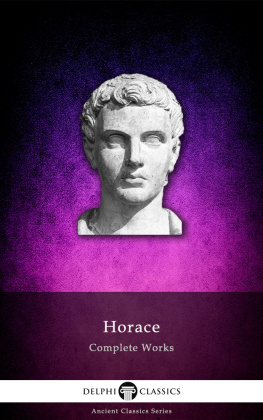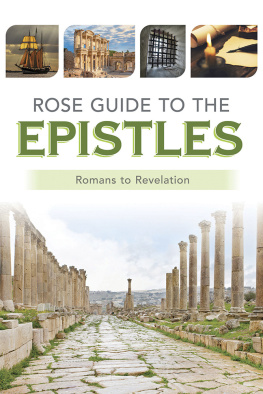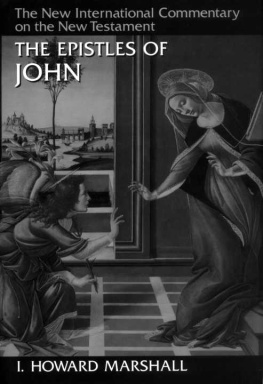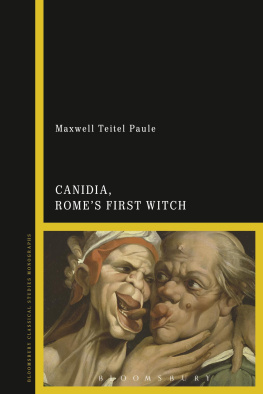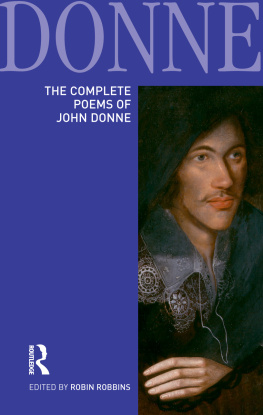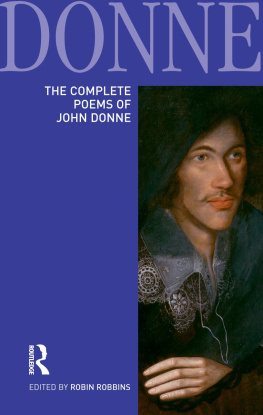
Great Clarendon Street, Oxford OX2 6DP
Oxford University Press is a department of the University of Oxford.
It furthers the Universitys objective of excellence in research, scholarship,
and education by publishing worldwide in
Oxford New York
Auckland Cape Town Dar es Salaam Hong Kong Karachi
Kuala Lumpur Madrid Melbourne Mexico City Nairobi
New Delhi Shanghai Taipei Toronto
With offices in
Argentina Austria Brazil Chile Czech Republic France Greece
Guatemala Hungary Italy Japan Poland Portugal Singapore
South Korea Switzerland Thailand Turkey Ukraine Vietnam
Oxford is a registered trade mark of Oxford University Press
in the UK and in certain other countries
Published in the United States
by Oxford University Press Inc., New York
Translation John Davie 2011
Editorial material Robert Cowan 2011
The moral rights of the authors have been asserted
Database right Oxford University Press (maker)
First published as an Oxford Worlds Classics paperback 2011
All rights reserved. No part of this publication may be reproduced, stored in a retrieval system, or transmitted, in any form or by any means, without the prior permission in writing of Oxford University Press, or as expressly permitted by law, or under terms agreed with the appropriate reprographics rights organization. Enquiries concerning reproduction outside the scope of the above should be sent to the Rights Department, Oxford University Press, at the address above
You must not circulate this book in any other binding or cover
and you must impose this same condition on any acquirer
British Library Cataloguing in Publication Data
Data available
Library of Congress Cataloging in Publication Data
Data available
Typeset by Glyph International, Bangalore, India
Printed in Great Britain
on acid-free paper by
Clays Ltd, St Ives plc
ISBN 978-0-19-956328-9
1 3 5 7 9 10 8 6 4 2
OXFORD WORLDS CLASSICS
For over 100 years Oxford Worlds Classics have brought readers closer to the worlds great literature. Now with over 700 titlesfrom the 4,000-year-old myths of Mesopotamia to the twentieth centurys greatest novelsthe series makes available lesser-known as well as celebrated writing.
The pocket-sized hardbacks of the early years contained introductions by Virginia Woolf, T. S. Eliot, Graham Greene, and other literary figures which enriched the experience of reading. Today the series is recognized for its fine scholarship and reliability in texts that span world literature, drama and poetry, religion, philosophy, and politics. Each edition includes perceptive commentary and essential background information to meet the changing needs of readers.
Refer to the to navigate through the material in this Oxford Worlds Classics ebook. Use the asterisks (*) throughout the text to access the hyperlinked Explanatory Notes.
OXFORD WORLDS CLASSICS

HORACE
Satires and Epistles

Translated by
JOHN DAVIE
With an Introduction and Notes by
ROBERT COWAN

OXFORD WORLDS CLASSICS
SATIRES AND EPISTLES
HORACE was born in 65 BC. In 44 BC Julius Caesar was assassinated by conspirators led by Brutus and Cassius. Two years later, when they were defeated at Philippi, Horace commanded one of their legions. On his return to Rome he purchased a position in the Treasury and wrote satires and epodes under the patronage of Maecenas, chief adviser of Octavian. With the defeat of Antony and Cleopatra at Actium in 31 BC Octavian became master of the world, taking the name Augustus in 27 BC. After the publication of his three books of lyric Odes in 23 BC Horace returned to a form of satire with his first book of Epistles (20 BC), poetic letters reflecting on how to live well. In the course of the following decade his association with Augustus grew closer, as he wrote a hymn to be performed at the Secular Games in 17 BC, and even included a letter to the princeps in his second book of Epistles; the Ars Poetica, an epistle to the Pisos, was written around the same time. In 13 BC he produced his fourth book of Odes, largely inspired by Pindar, the most daring and sublime of the Greek lyric poets. He died in 8 BC, fifty-nine days after his friend Maecenas.
JOHN DAVIE is former Head of Classics at St Pauls School, London. He is the author of a number of articles on classical subjects and has translated the complete surviving plays of Euripides for Penguin Classics (four volumes). For Oxford Worlds Classics he has translated Senecas Dialogues and Essays.
ROBERT COWAN is Lecturer in Classics at the University of Sydney, and formerly Fairfax Tutorial Fellow in Latin Literature at Balliol College, Oxford. He has published widely on subjects as diverse as Aristophanes, Columella, Horace, Virgil, and operatic receptions of Euripides Bacchae, but his main areas of research are post-Virgilian epic, Republican tragedy, and Roman satire.
CONTENTS
INTRODUCTION
SATIRE is a paradox. It is poetry which denies that it is poetry. It is a moralizing rant which is sucked into prurience about and even complicity with the vice and folly it rails against. It is a cutting-edge slice-of-life which is obsessively self-conscious about its own literary traditions. It is free speech which tells it how it is but is always constrained by limitations on its liberty. Yet even by these standards, Horaces satire is exceptionally paradoxical. It is a finely wrought, pared-down form of a genre whose very essence is bloatedness, disorder, rough edges, a literary equivalent of the messy, chaotic world it evokes. It is a gentle, detached take on the genre of ranting, even bigoted invective, and one which advocates the virtues of moderation with fanatical extremism. In order to gain a sense of how Horace fits, or figured himself as fitting, into the traditions of Roman satire, it will be worth reflecting a little on the history and nature of Roman satire, before turning to Horaces engagementand sometimes his refusal to engagewith various themes and issues.
A brief history of satire
Roman satire has points of contact with various Greek genresthe invective iamboi of Archilochus and Hipponax, which Horace remodelled more directly in the Epodes; the socially and politically engaged Old Comedy of Aristophanes and his rivals, explicitly cited as a forebear at the opening of Sat. 1.4; the philosophical sermons, or diatribes, of Cynic philosophers, particularly influential on Sat. 1.13but, unlike epic, tragedy, lyric, and every other genre, it was neither invented by the Greeks nor did they provide its canonical poets. Satire was a quintessentially Roman genre, entirely ours (tota nostra), as Quintilian famously called it. This was not merely a paragraph of literary history or a badge of national pride, but suffused the very ethos of satire, linking to its rejection of pretension, luxury, and all the corrupting influences so readily attributed to the Greeks and its concomitant assertion of simple Roman values. When the Roman god Quirinus warns Horace not to use Greek words in his satires, he is making a point quite as ideologically loaded as when Juvenals bigot Umbricius rails against the Greek city which he claims Rome had become.
Next page
